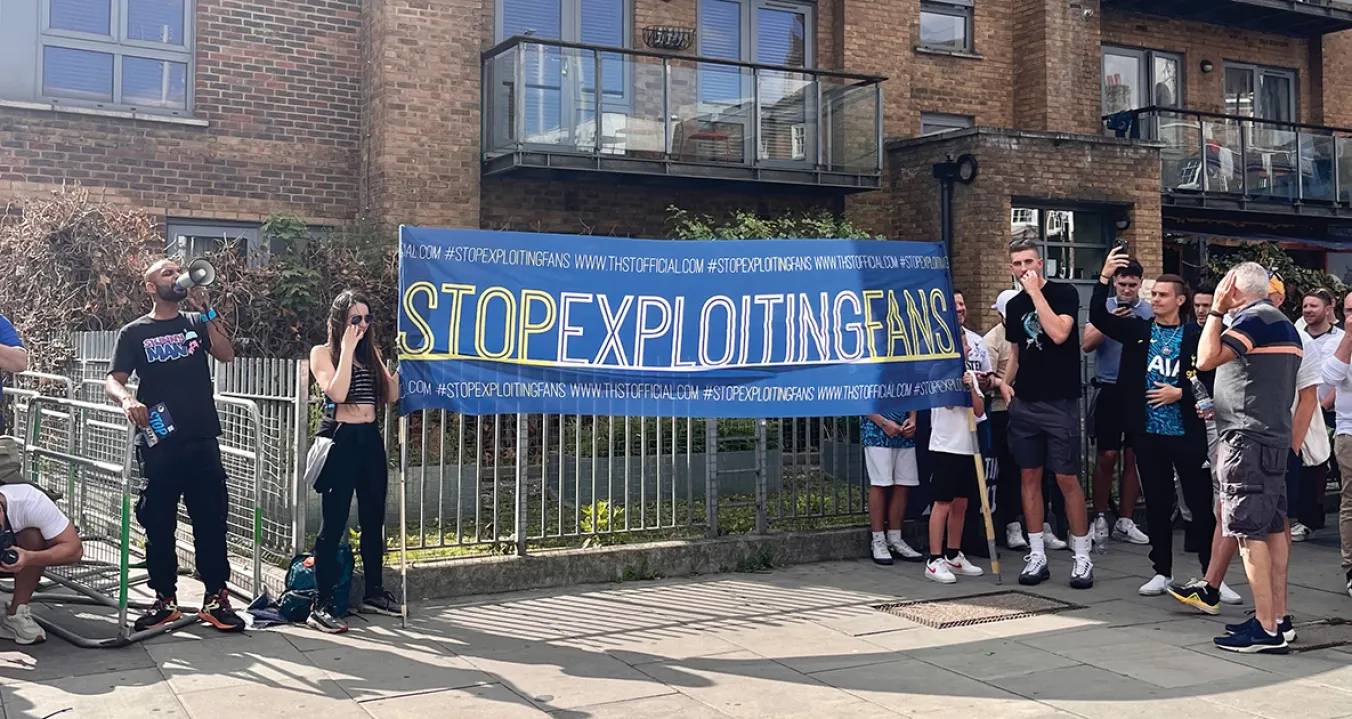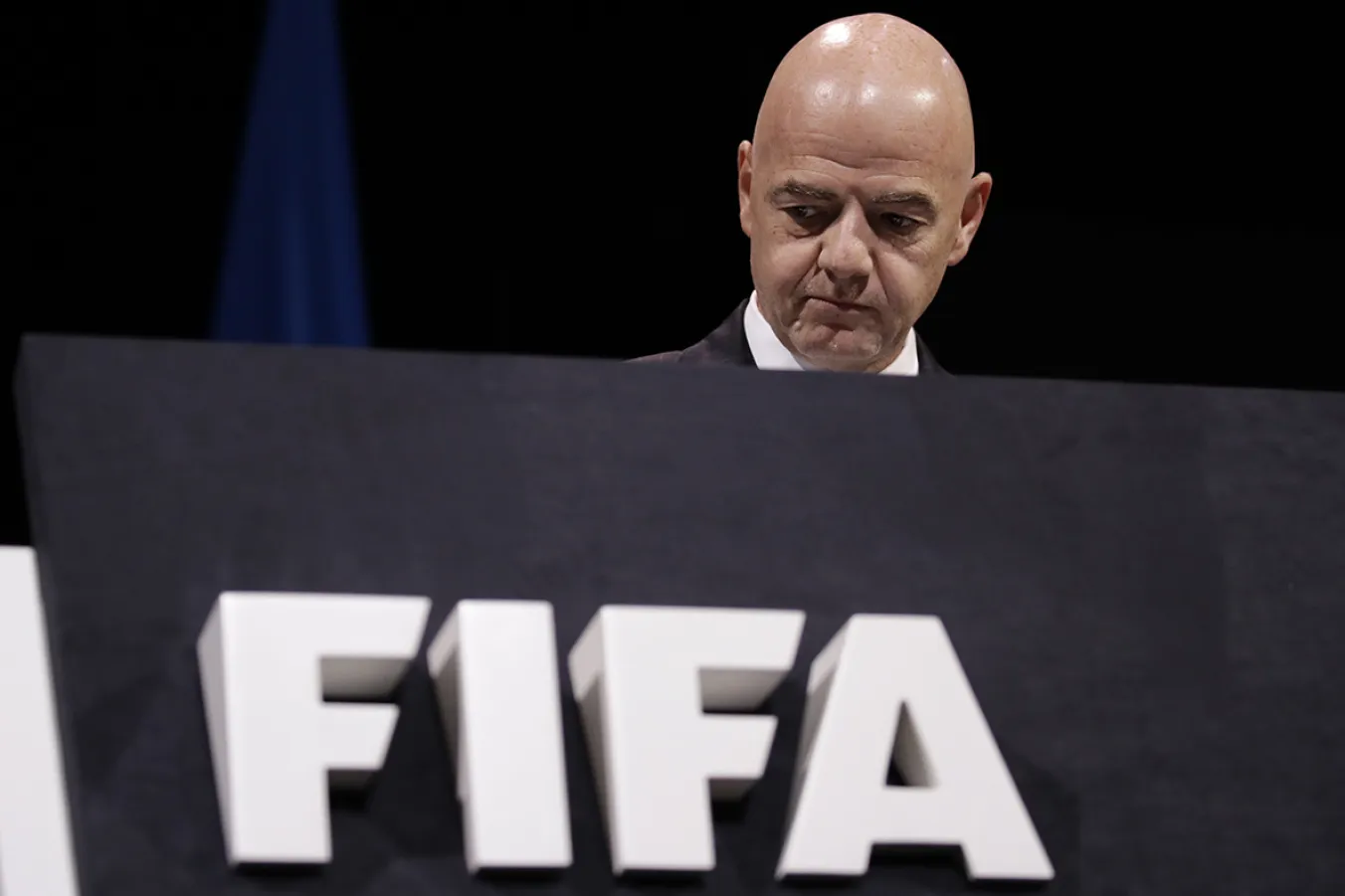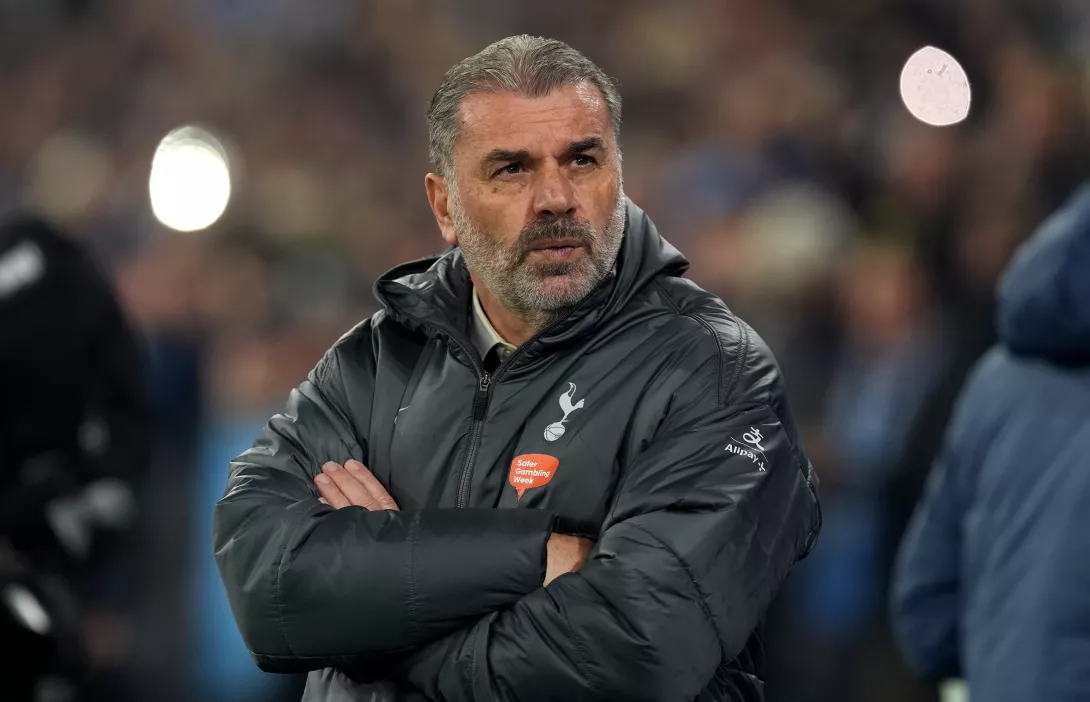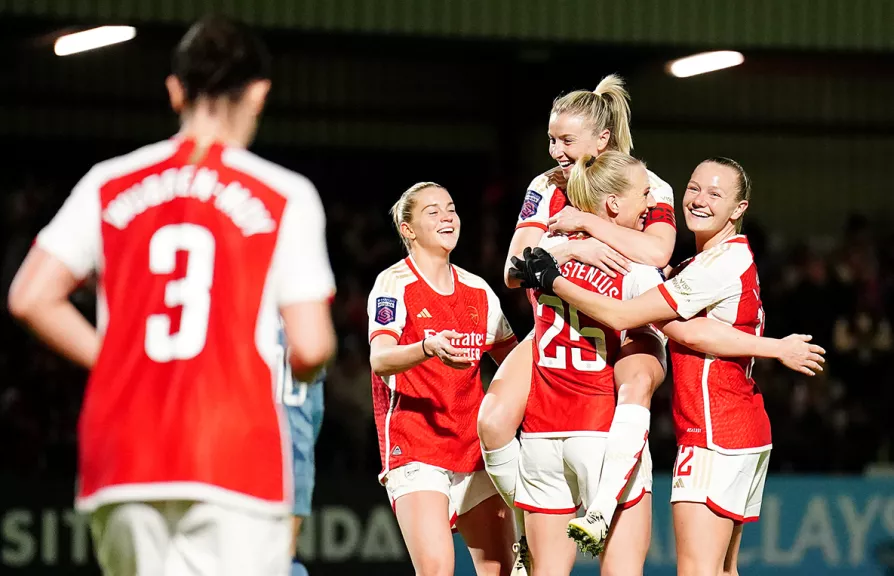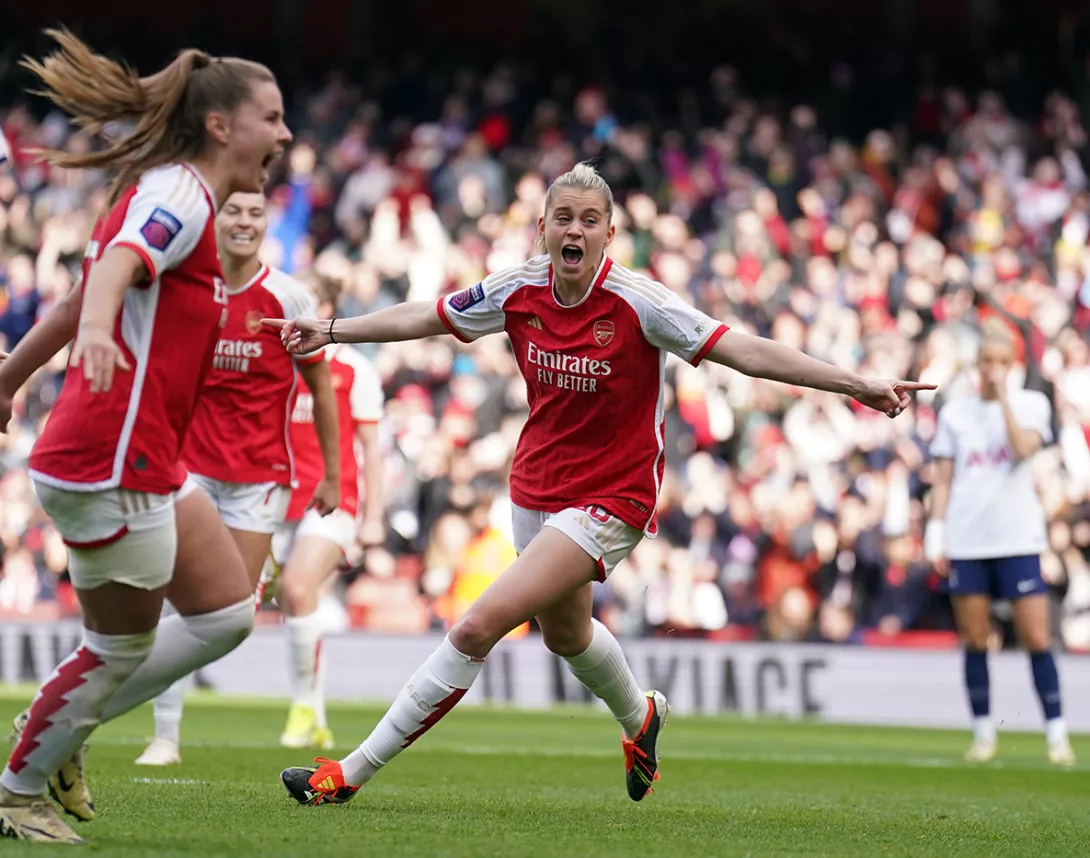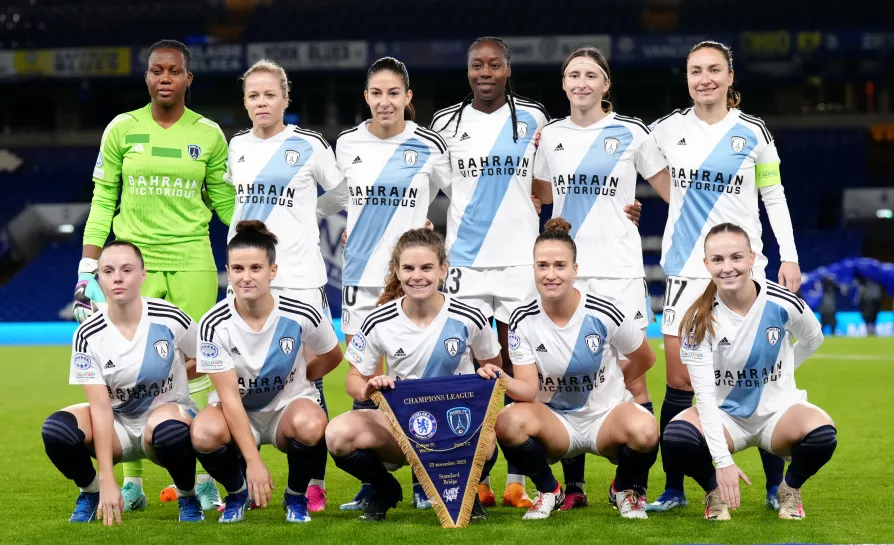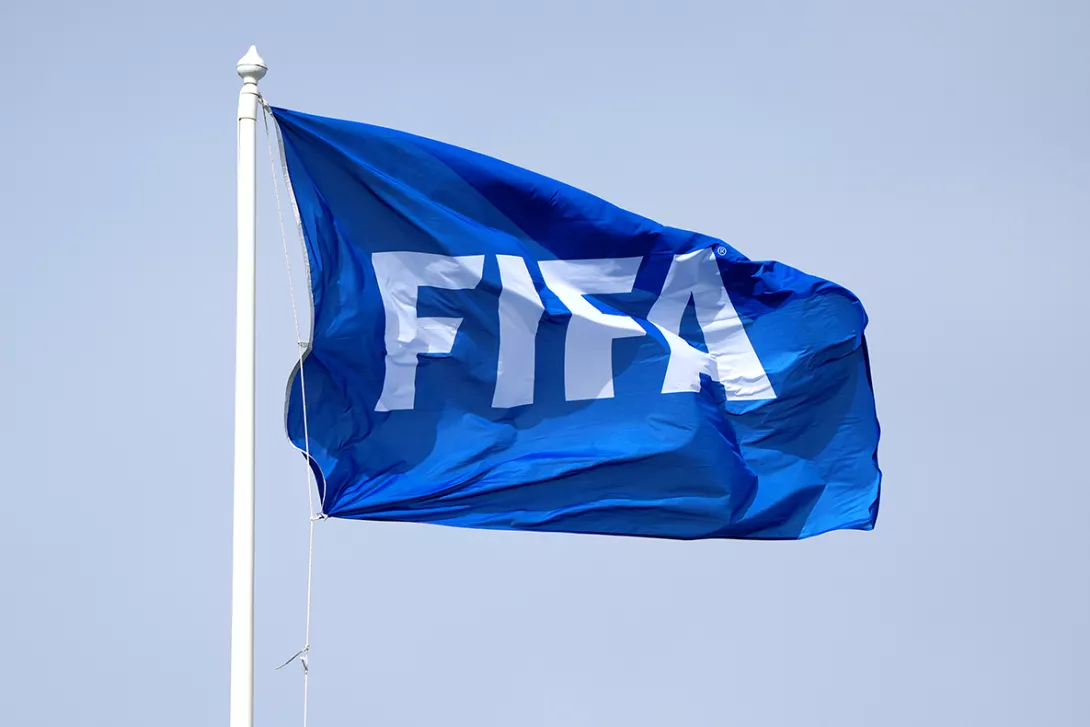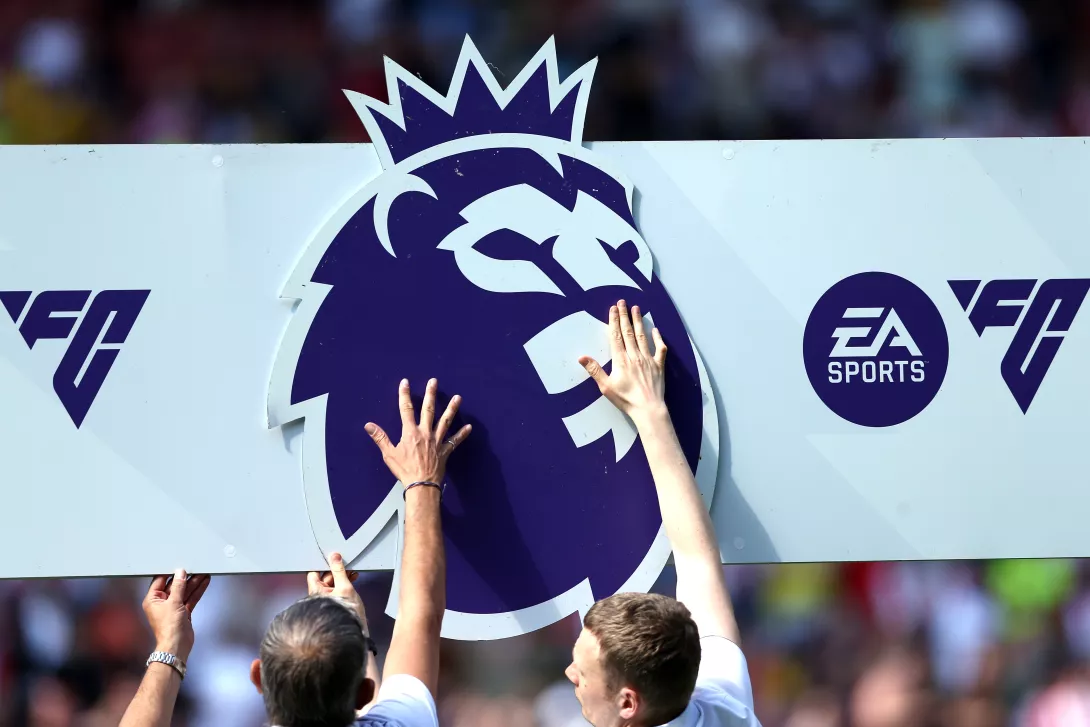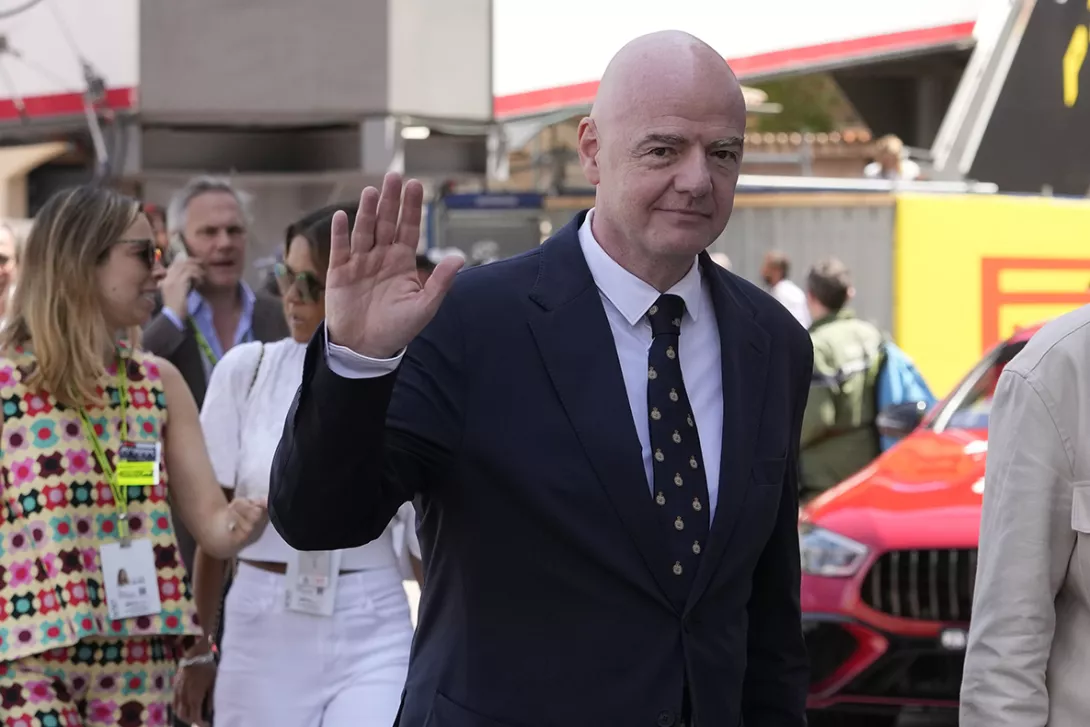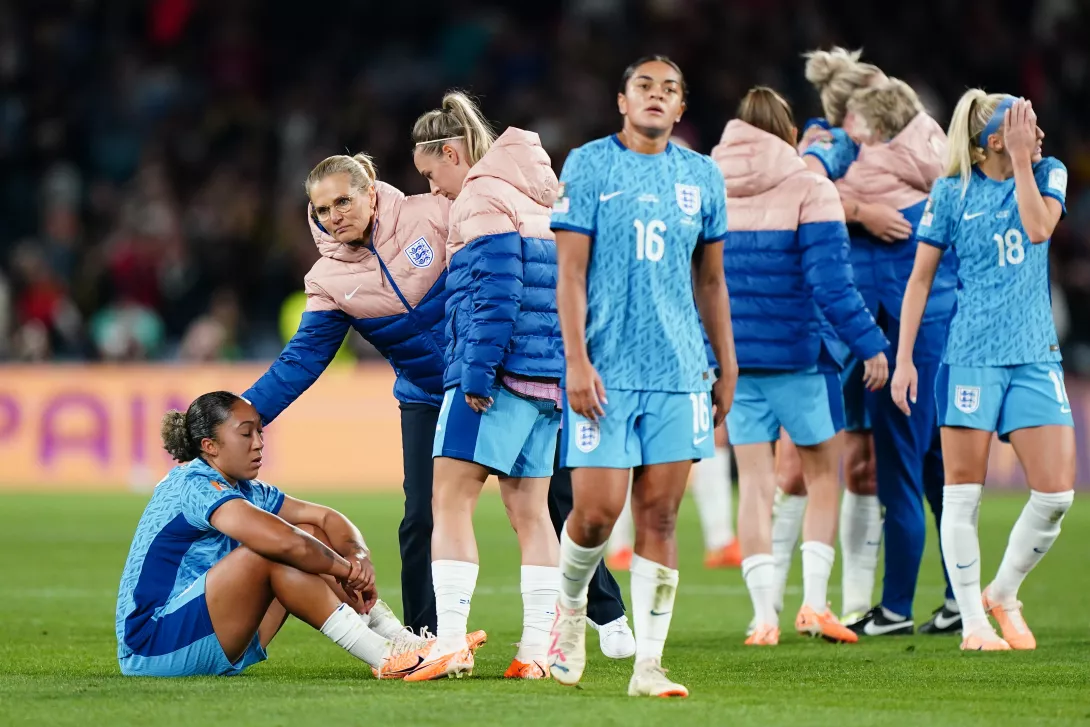
WOMEN’S international football still has “important gaps” relating to player welfare that need addressing, a survey by world players’ union Fifpro has shown.
The survey was conducted at this summer’s Women’s World Cup and is comprised of results from 260 players representing 26 of the 32 national teams involved in the tournament.
The findings showed that players believe improvements are needed in areas such as the international calendar, medical support and financial earnings.
Fifpro director of policy and strategic relations for women’s football, Sarah Gregorius, said: “The players gave everything they had to put on a brilliant World Cup, but there are still important gaps that need addressing.
“We will be seeking to work through these issues with stakeholders and resolve them as soon as possible.”
Results revealed that 53 per cent of players believed they did not have enough rest before their first World Cup game while two-thirds felt they were not at their physical peak going into the tournament in Australia and New Zealand.
Current Fifpro guidelines recommend an off-season break of four weeks and a retraining period of six weeks, but 60 per cent of players in the survey felt their post-tournament rest was insufficient and 86 per cent said they had less than two weeks of rest before rejoining their clubs.
Prior to the World Cup, there had been concerns about players being released too soon from their clubs to go on international duty, leading to an agreement between the European Club Association and Fifa concerning release dates.
England boss Sarina Wiegman has previously expressed concern at the schedule, admitting in September she was “very worried” about the calendar as fixtures came thick and fast for the Lionesses once their World Cup campaign concluded on August 20 following defeat to Spain in the final.
Champions League qualifiers took place at the start of September and nearly a month on from the World Cup final, England and other nations played two matches in the inaugural Nations League before the Women’s Super League season kicked off at the start of October.
The results from the Fifpro survey also found that financial compensation remains an issue, with one in three players stating they earn less than $30,000 (£23,700) a year from football and one in five supplement their income with a second job.
The annual pay stated by players includes their income from national teams and clubs, but does not include their guaranteed minimum share of 30 per cent of World Cup prize money, where every player involved in the tournament was guaranteed at least $30,000 before tax.
Further results showed that 10 per cent of players said they did not have a pre-tournament medical and 22 per cent did not have an electrocardiogram (ECG), despite both being part of Fifa tournament regulations, and 60 per cent said they lacked mental health support.
Dr Alex Culvin, Fifpro head of strategy and research for women’s football, said: “Anything below 100 per cent when it comes to access to an ECG or undertaking a pre-tournament medical is not acceptable.
“All players need to complete these important checks before they compete, and the regulations need to be applied and adhered to in full.
“Players need an environment that supports their holistic wellbeing, from mental health through to tournament conditions, so they have the platform to be at their competitive best.”
